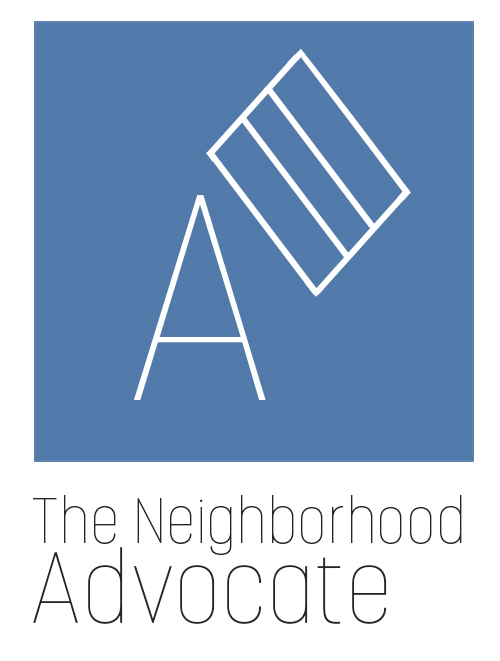
Multnomah County, Ore. – Since early February, Youth Advocate Programs (YAP™), Inc. program participant “Dee” says he’s seen a difference in his behavior.
“There were a lot of times when I felt like giving up,” the 18 year-old Multnomah County, Oregon youth said. “I was suffering and hurting. YAP helped me with my struggles; my anger issues, and [with] trying to succeed as a person. I needed help with motivating myself. YAP was there to pick me up and I am grateful. YAP is something else.”
A national nonprofit in 35 states and Washington, D.C., YAP reduces the nation’s overreliance on youth incarceration, residential care, and group home foster placements. YAP partners with public systems to provide community-based and behavioral health services as an alternative to out-of-home placement. In Oregon, since 2024, the agency partners with the Oregon Youth Authority to serve young people in various counties throughout Oregon between the ages of 12-24. The program has four Advocates.
Dee is one of 12 program participants in the YAP Multnomah County youth justice program where youth are paired with a neighborhood-based Advocate who supports them and their families with individualized economic, emotional and education wraparound tools.
Dee said prior to joining the program he was doing drugs and thought about revenge to those who wronged him. He said his Advocate helped him understand that his actions have consequences, which motivated him to make better decisions.
“I thought vengeance was the answer to everything. I didn’t trust anyone,” he said. “I didn’t want to open up to anyone. I thought it was my life and I could do anything I wanted until I offended. There are consequences and I had to learn that.
YAP Multnomah County, Oregon Program Director Will Hall has seen a positive difference in Dee whom he knew before he became involved in the program.
“He’s very open, you can tell he has a really good sense of humor,” Hall said. “Dee is a good kid with a bright future who just needed some direction and I think he will do a great job with anything he wants to do with his life.”
Hall, who was doing probation work before joining YAP, said helping youth and families in his community has been fulfilling to him.
Advocate Eddie Bynum, who is not Dee’s Advocate but works with four youth in the program, said working with youth like Dee gives him purpose. Bynum said like many of the youth he and his fellow YAP Advocates work with, he was previously involved in gang culture and turned his life around.
“I was getting in trouble as a youth and once I hit 18, I ended up going to prison,” Bynum said. “If you don’t correct yourself as a kid, when you turn 18, they start treating you as a grown man. That’s why it’s important to reach youth. We have to be a voice for them.”
As an Advocate, Bynum visits program participants two to three times a week and can relate to the experiences they have been through. A California native who relocated to Oregon, advocating for young people has become an important part of his personal mission.
“A lot of what I do is trying to get them to understand what is required of them to be able to be back in the community,” Bynum added. “I am really talking to them, trying to help and sharing my experiences of going through the juvenile justice system when I was their age.”
Hall said Bynum has a great way with kids and is a beneficial asset to YAP and their community. He gives credit to all his Advocates and Dee’s who has helped him create a disciplined habit of going to the gym and working out throughout the week.
“Mr. Hall and my Advocate have been there for me,” Dee added. “They helped me with college and I’m about to get my permit and start driving. They’ve helped me a lot mentally more than anything else. There were a lot of times I felt like giving up but they would call me to get me out of my funk.”
John Jay College of Criminal Justice research found 86% of YAP’s youth justice participants remain arrest-free, and six – 12 months after completing the program, nearly 90% of the youth still lived in their communities with less than 5% of participants in secure placement.
Dee starts classes at a local community college at the end of September and will complete the program before the year ends.
For more information on YAP, visit yapinc.org.


